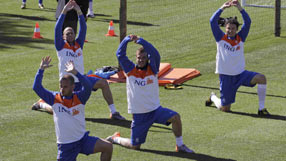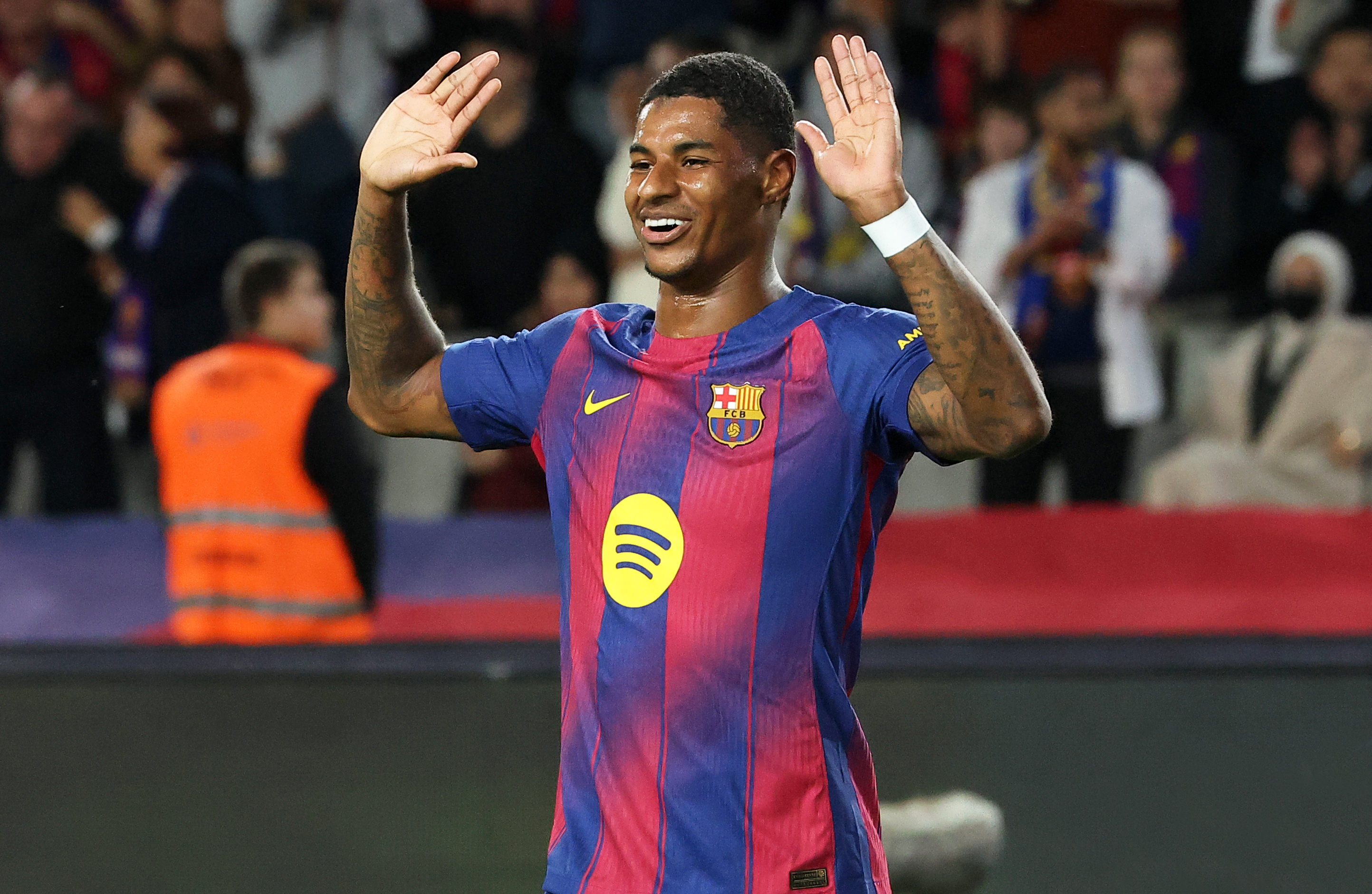
The best features, fun and footballing quizzes, straight to your inbox every week.
You are now subscribed
Your newsletter sign-up was successful
Want to add more newsletters?

Five times a week
FourFourTwo Daily
Fantastic football content straight to your inbox! From the latest transfer news, quizzes, videos, features and interviews with the biggest names in the game, plus lots more.

Once a week
...And it’s LIVE!
Sign up to our FREE live football newsletter, tracking all of the biggest games available to watch on the device of your choice. Never miss a kick-off!
Join the club
Get full access to premium articles, exclusive features and a growing list of member rewards.
The Dutch registered clinical wins over Denmark and Japan to go top of Group E to record a maximum six points and, after the Danes knocked Cameroon out of the tournament on Saturday night, eased into the last 16.
It is the third major international tournament in a row that the Dutch have qualified for the knockout stages after just two group games.
At the last World Cup in Germany, they beat Serbia and Montenegro and Ivory Coast, while two years later at Euro 2008 they brushed aside world champions Italy and thrashed France.
"We proved stable against the Danes and Japan, although we didn't play well," said midfielder Mark van Bommel after Saturday's 1-0 win over Japan at the Moses Mabhida stadium in Durban.
"But to become just the second team after Argentina to win two matches says something, and we are still improving."
However, any temptation for the Dutch to get carried away by their start will be tempered by the knowledge of what happened two and four years ago.
In 2006, they drew their last group game with Argentina, finished second in the group, and then bowed out to Portugal in the second round on a tempestuous night in Nuremburg.
The best features, fun and footballing quizzes, straight to your inbox every week.
In Switzerland two years later, Marco van Basten's team rounded out the group stage with another win over Romania but were then out-foxed by Dutchman Guus Hiddink's Russia in the first knockout stage.
The victory against the Romanians was achieved with a second string side, a disruption to the momentum of the team that many blame for their eventual exit in Basel.
Coach Bert van Marwijk must now decide whether or not to rest his key players for the last group match against Cameroon in Cape Town next week.
"This is a different situation because the team has developed since 2008, but it is still the coach's choice," said captain Giovanni van Bronckhorst, who won his 101st cap against Japan to go level with assistant coach Phillip Cocu in third place on list of most-capped Dutch players.
Van Marwijk, whose players have complained about playing at altitude, must also consider the implications of the albeit slim possibility of not finishing top of Group E after the last round of matches.
Should they survive to the last four, the winners of the group would play all of their matches at sea level in Durban, Port Elizabeth and Cape Town.
However, the team that finishes second in the group face the prospect of knockout matches at altitude in Pretoria and Johannesburg before returning to Durban for the semi-finals.
 Join The Club
Join The Club










